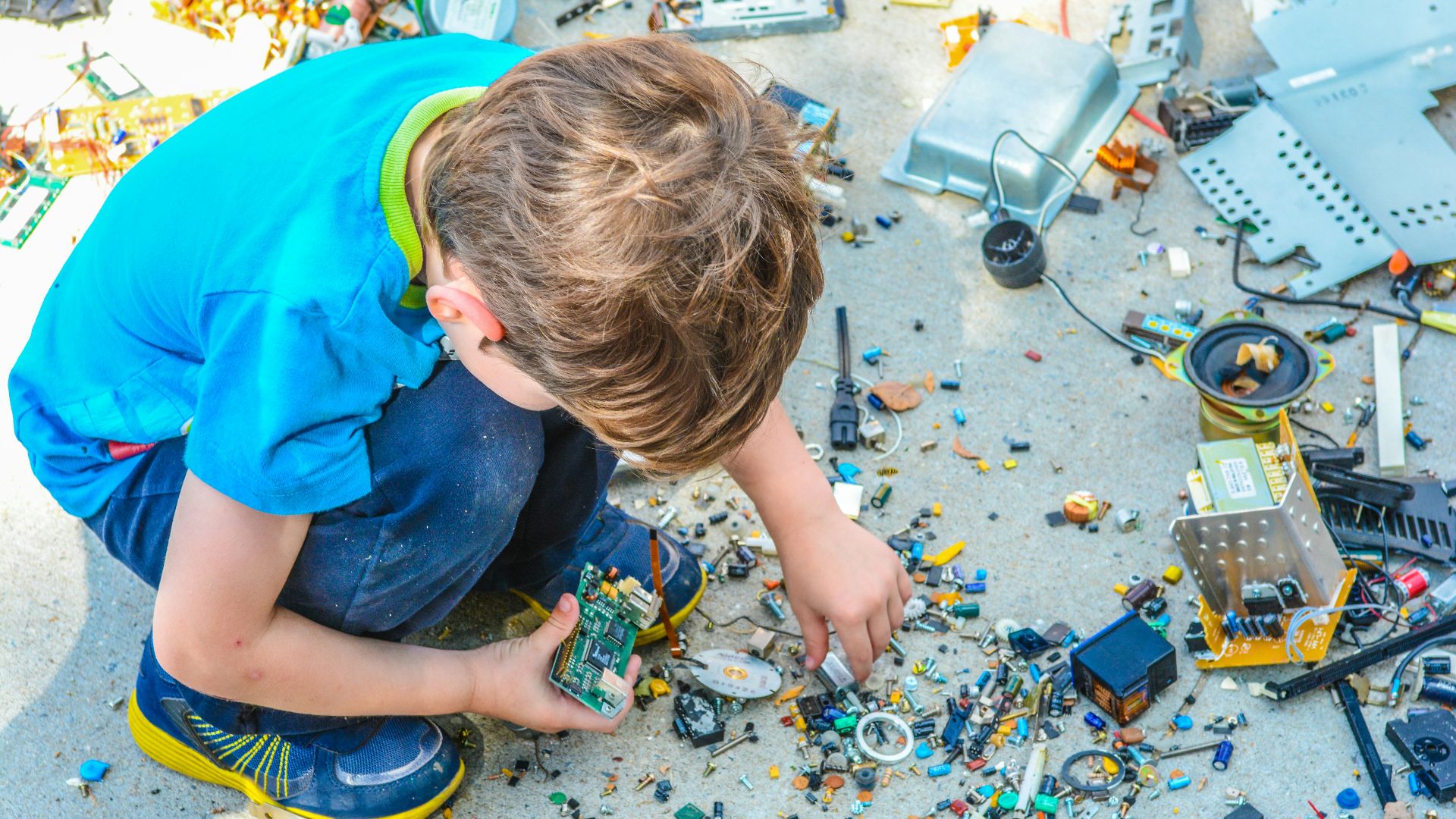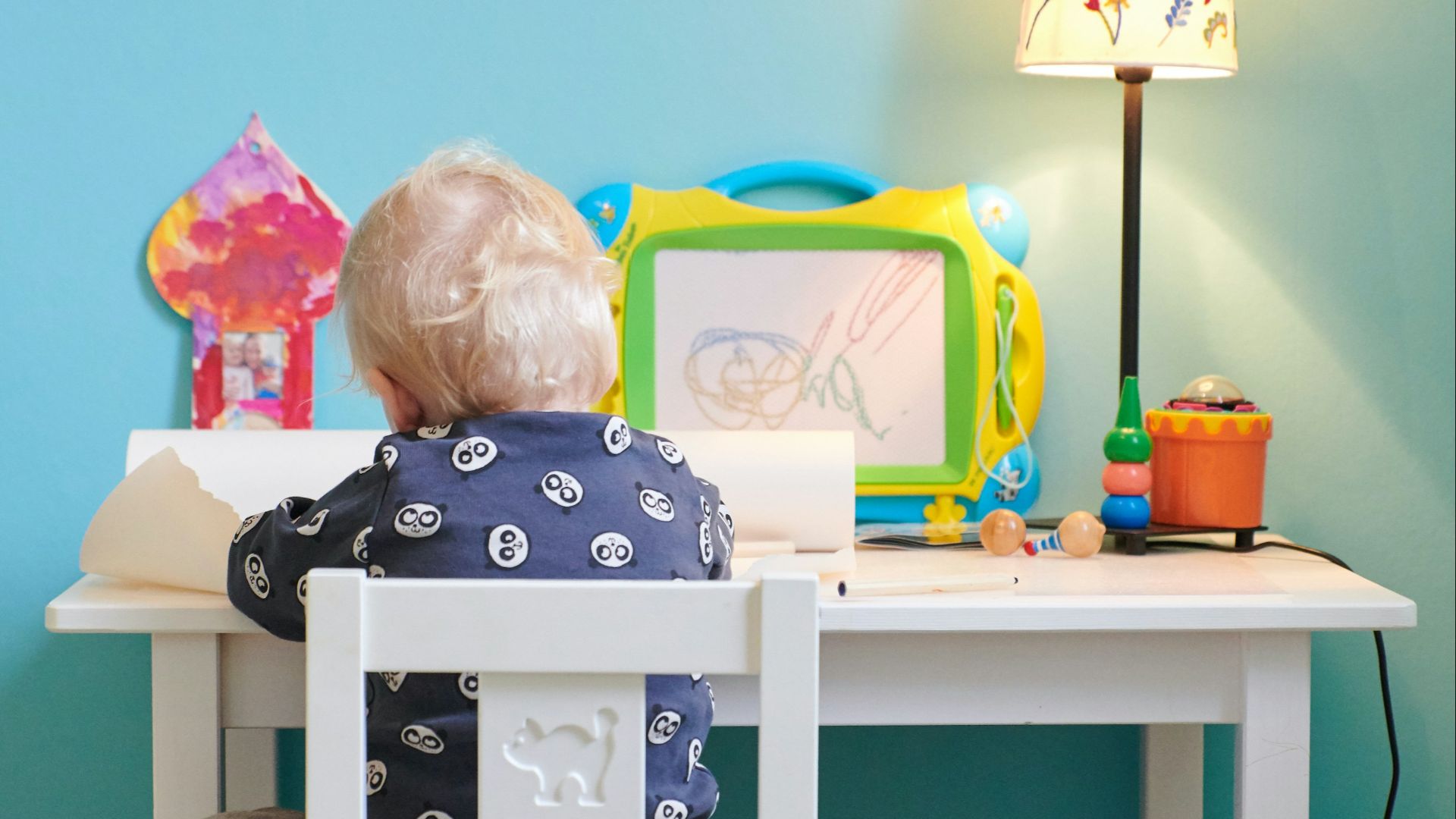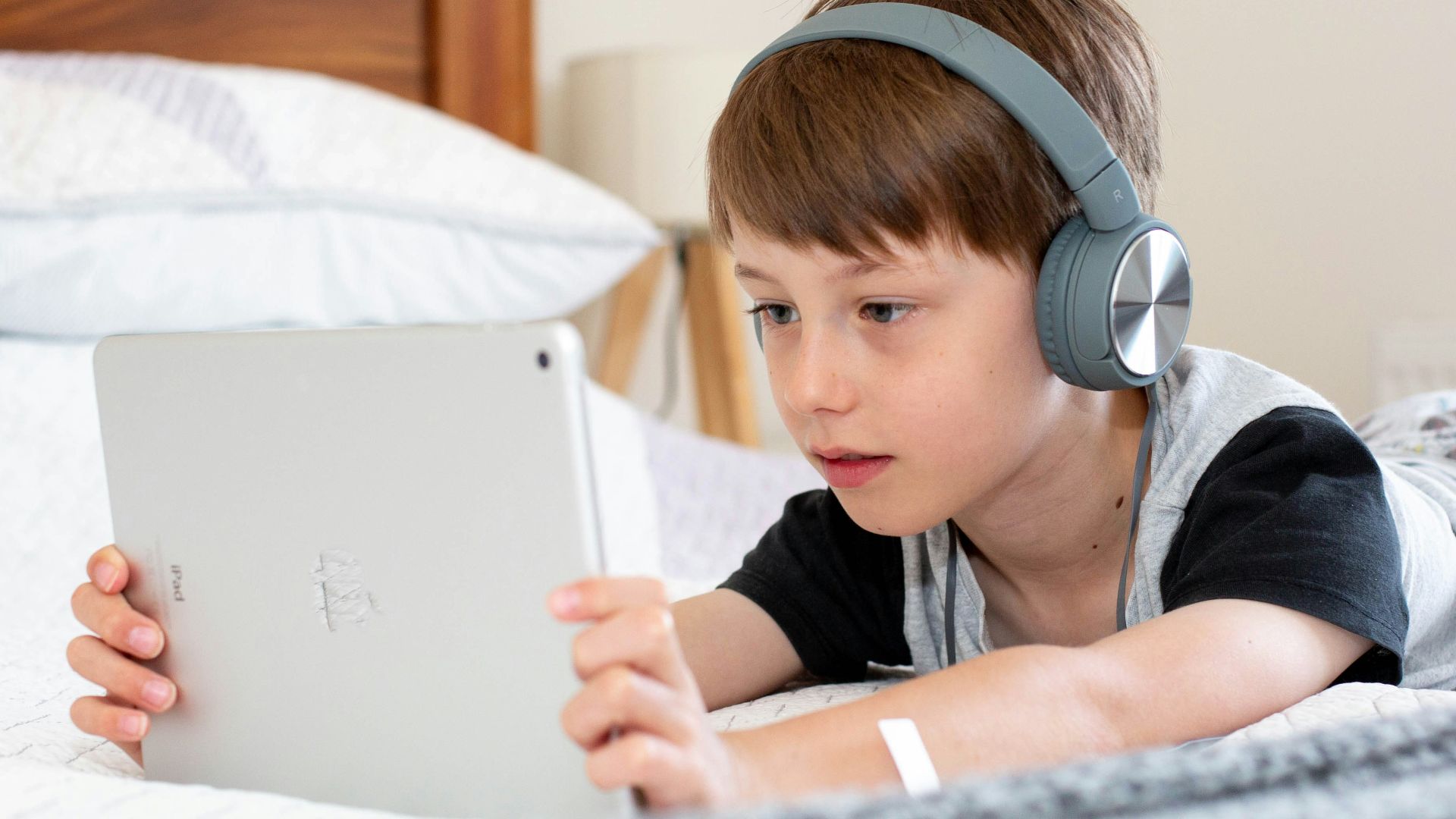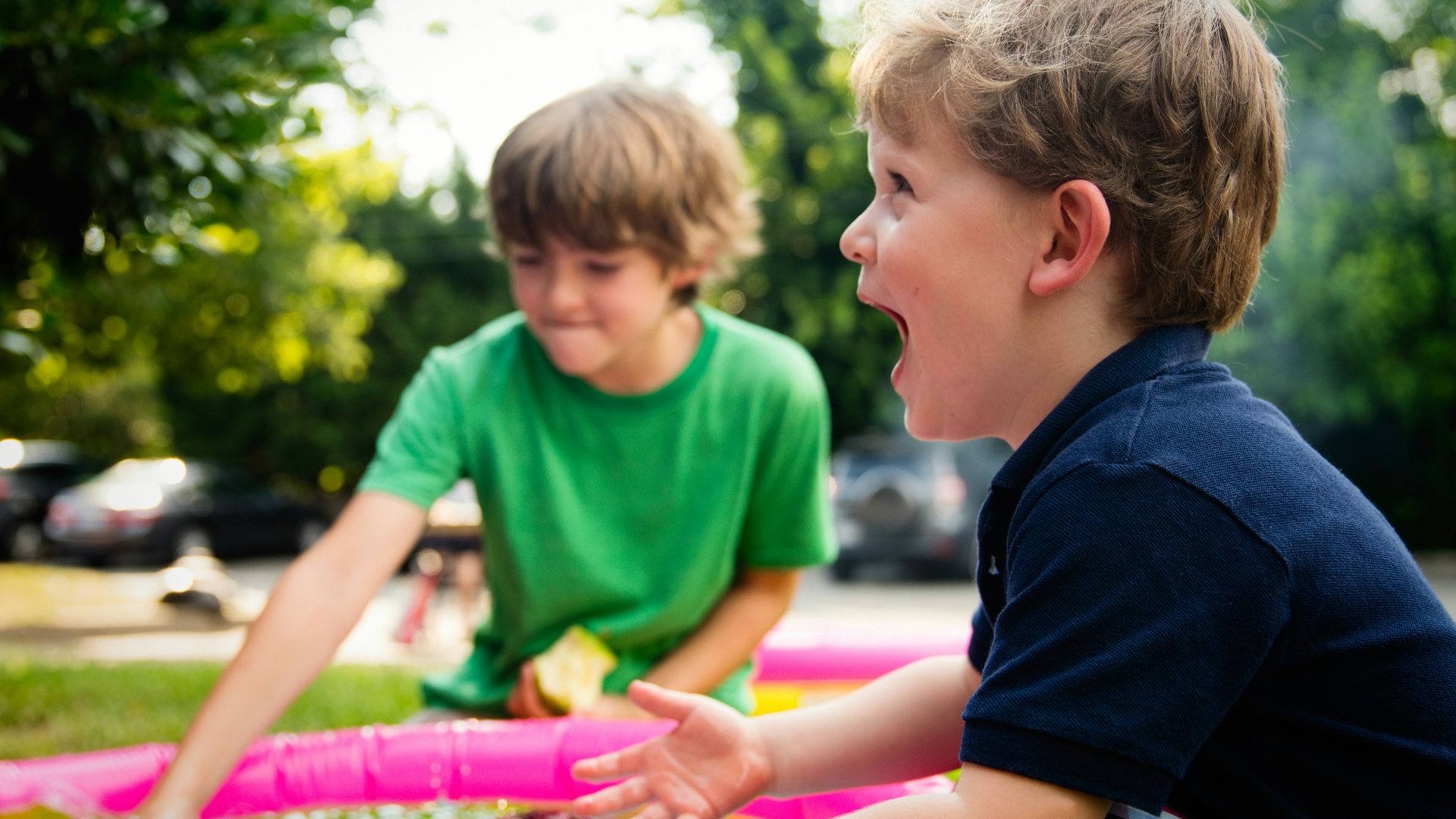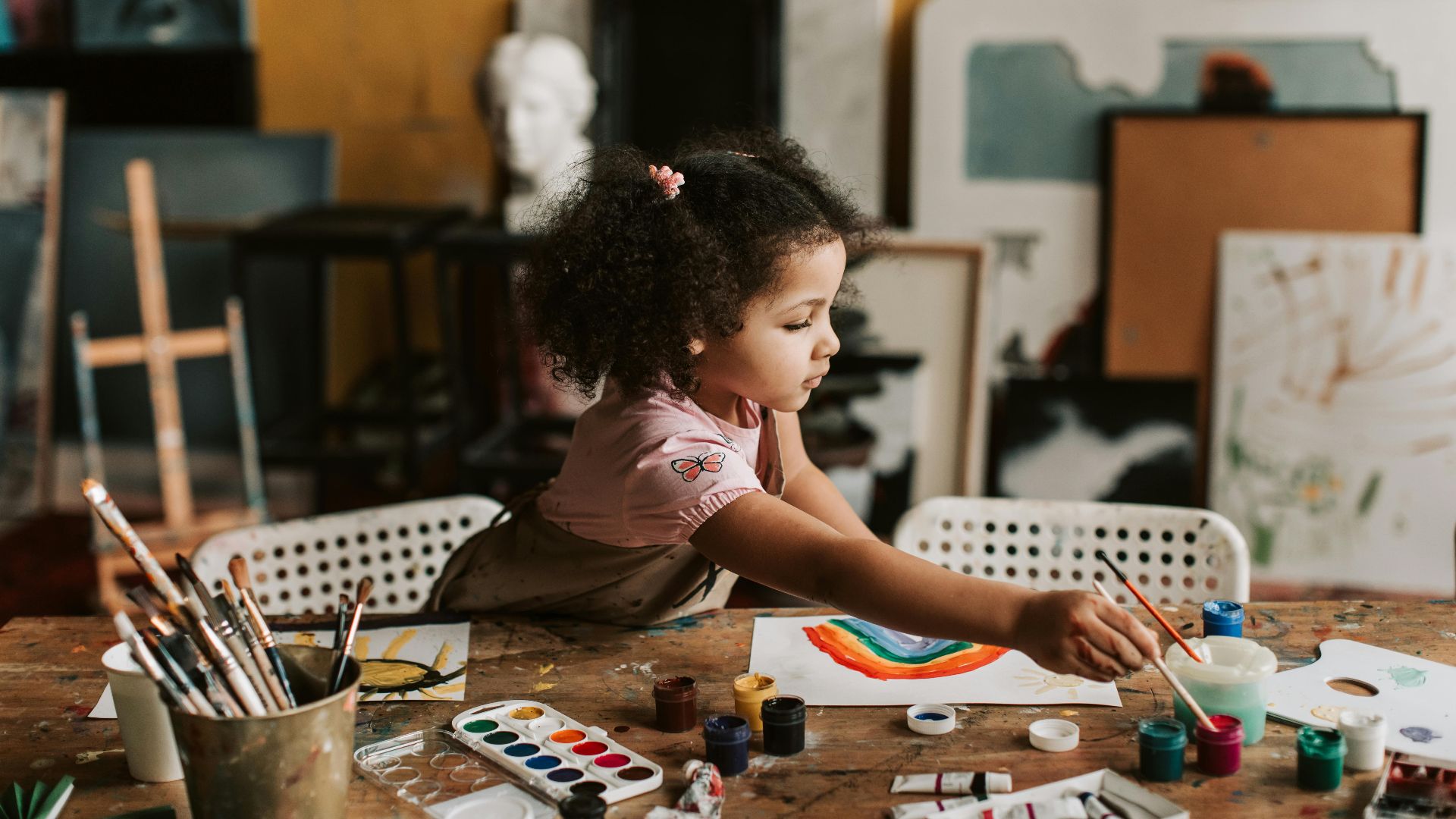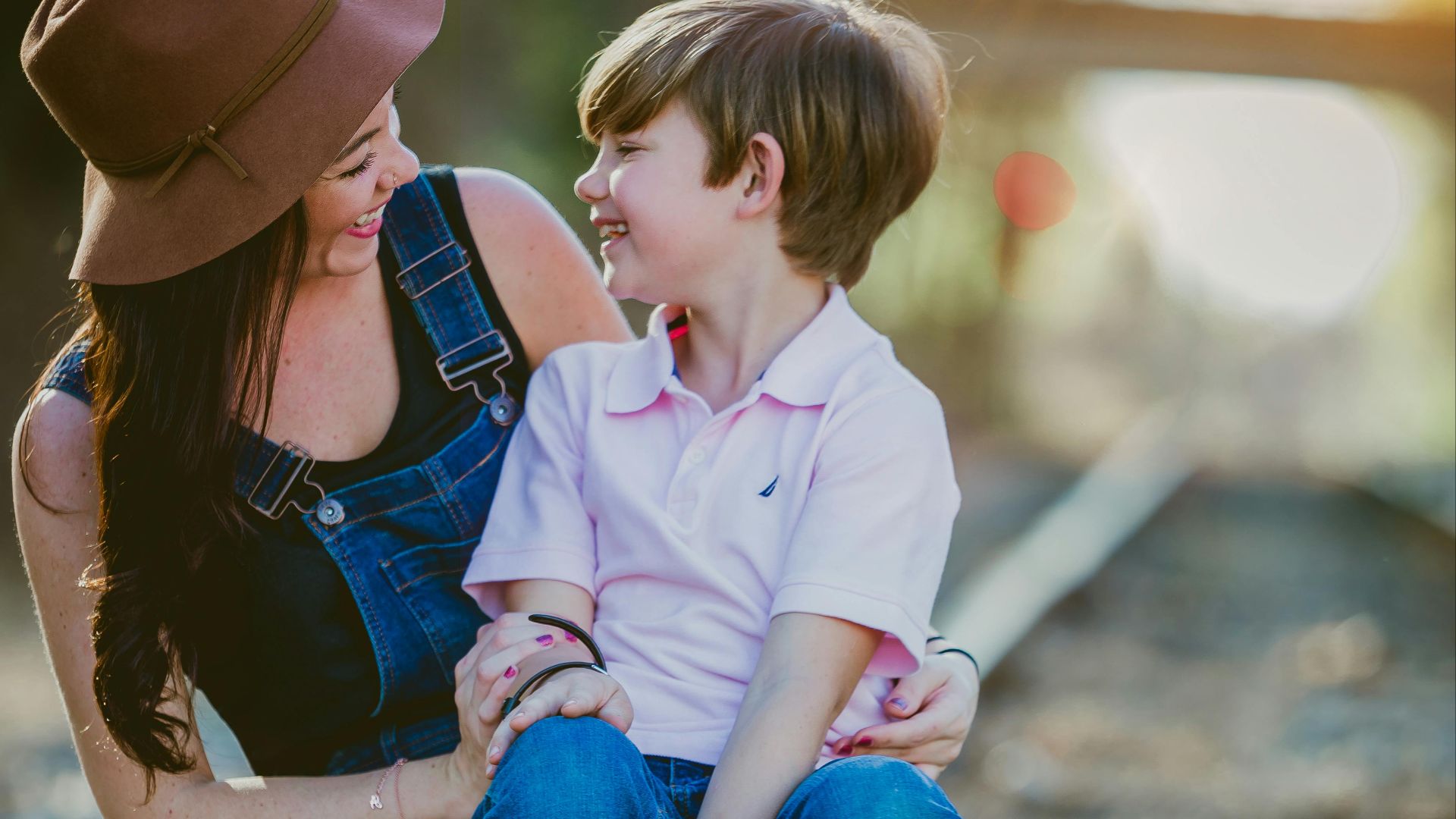Things That Might Mean More
There's no one obvious way to spot giftedness in a child. Sometimes the difference is clear, and sometimes it's easy to miss. How giftedness appears can depend on many things, like environment and personality. Here, we offer a closer look at how gifted development might begin to take shape over time.
1. Early And Advanced Vocabulary
Long before peers string full sentences, some children drop words like "consequence" or "actually" into daily chatter. This isn't random blabbering, they understand what they're saying. Such verbal agility can show up as early as two in a gifted child. They're already listening—and analyzing.
2. Early Reading Without Instruction
No one showed them how, yet suddenly, they're reading menus or subtitles out loud. These early readers don't just recognize words but devour entire pages with enthusiasm, driven by curiosity. A child who teaches themselves to read at three is wired for independent discovery.
3. Unusual Alertness In Infancy
Not all infants blink lazily at ceiling fans. Some lock eyes with visitors, follow sound directions or study their surroundings like miniature detectives. That intense gaze signals a cognitive engine already revving. Parents often sense they're raising someone who's just a little too present.
4. Complex Imaginary Play
Inside the living room, a five-year-old has declared a squirrel mayor of the pillow fort—and there's a scandal brewing. Gifted children build civilizations with moral codes and emotional arcs. Their imaginary worlds often reveal startling insight into real-life complexities. Pay attention.
5. Quick Mastery Of New Concepts
New ideas energize them. When gifted children latch onto a topic, they learn it quickly, even going further. You introduce fractions on Monday; they're simplifying ratios by Thursday. These kids need intellectual challenges or they’ll invent their own—and it might outpace you.
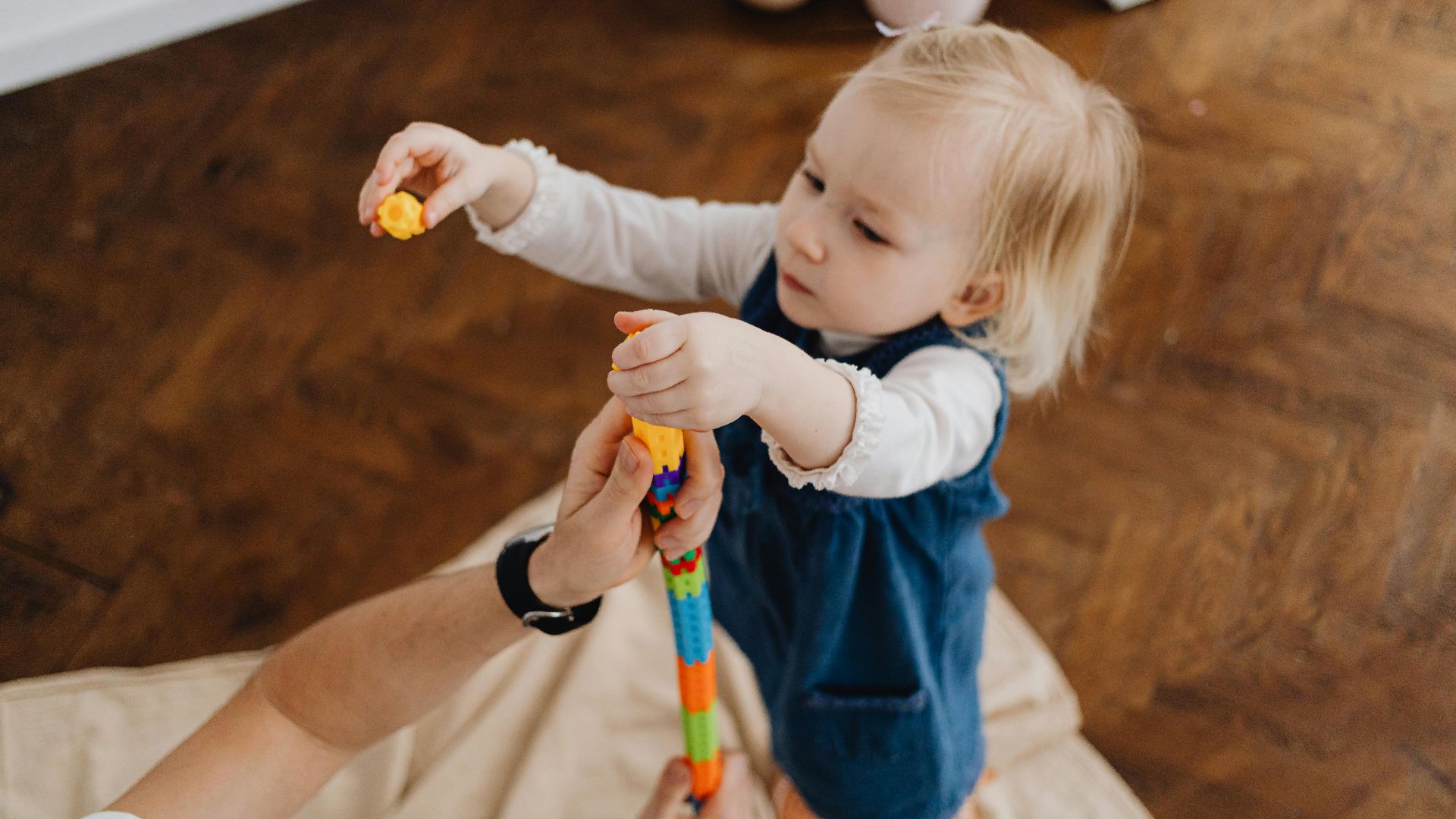 Photo By: Kaboompics.com on Pexels
Photo By: Kaboompics.com on Pexels
6. Inventive Problem Solving
This is the child who rigs a broken toy with rubber bands and Lego gears. Solutions emerge from unexpected places, often without adult suggestions. Gifted minds love puzzles, but they redefine them. Watch their process; it'll tell you more than the result ever will.
7. Highly Developed Moral Sensitivity
Gifted children often grapple with fairness long before they can spell it. After a story ends, they'll linger on the villain's motive or the punishment's weight. Their sense of justice is deep, sometimes overwhelming. Take it seriously.
8. Self-Taught Skills (Autodidacticism)
One day, they're watching a tutorial, the next, they're building the thing themselves. Gifted children pursue knowledge with a kind of private hunger. Whether it's origami, programming, or piano, they learn by doing. Their drive to teach themselves comes from natural curiosity.
9. Sensory Sensitivities (Overexcitabilities)
Bright lights may sting them, and tags may itch them. These aren't quirks but neurological overexcitabilities common in gifted kids. Their sensory systems pick up subtle cues others miss. Support them and take note. What overwhelms them physically can also fuel creativity or insight.
10. Extreme Focus Or Flow States
These kids disappear into projects, absorbed to the point of silence. Gifted children often enter deep focus also known as "flow," where everything else vanishes. Interruptions may frustrate them, not out of rudeness, but because they were somewhere else entirely.
11. Original Sense Of Humor
Gifted kids often joke in ways their peers don’t quite get. Their humor mixes abstract thinking and sharp timing—comedy that catches adults off guard. When they laugh at irony instead of slapstick, you're raising a sharp and curious thinker.
12. Emotional Intensity
Tears over a torn book, rage when fairness fails, and joy that bursts out of nowhere. Emotional reactions in gifted children feel larger than life. Their feelings don't simmer but boil. This intensity reveals how deeply they experience the world and everything in it.
13. Early Interest In Abstract Ideas
Infinity and the meaning of life aren't teen questions in a gifted child’s world. They often ponder abstract ideas long before they can fully explain them. You’ll find them staring out car windows, lost in thoughts deeper than their vocabulary. The wonder never really stops.
14. Independent Thinking
They go beyond questioning your rules and start redesigning how things should work. Gifted children test boundaries and think sideways. They’ll spot inconsistencies you missed and then offer alternatives that actually work. Independence drives the way they approach ideas and decisions.
15. Preference For Adults Or Older Peers
Conversations about space exploration or ancient history don’t usually thrive at the kids’ table. Hence, some gifted children gravitate toward older company not out of awkwardness but alignment. When the dialogue stretches beyond playground gossip and cartoon plots, they feel more energized.
16. Unusual Memory For Detail
These children often recall tiny details that others filter out. A single glance at a calendar, and they remember every birthday. Their brains catalog specifics with speed and clarity, building a mental library they reference effortlessly when making connections across time and topics.
17. Advanced Drawing Or Artistic Expression
Shading, perspective, emotion—sometimes all in a crayon sketch. Art becomes an extension of thought for many gifted children, not just a pastime. They may create entire visual narratives to express what words can’t yet hold. Their creativity often unfolds with an intensity that feels purposeful.
18. Tendency To Lead Or Organize Others
Before rules are given, they've already set the teams and planned the game. Leadership among gifted kids often emerges in unstructured environments. Rather than seeking the spotlight, they gravitate toward structure and forward motion. Others follow because the plan makes sense.
19. Perfectionism And Self-Criticism
Their projects may stall at the sketch phase, and essays may be restarted from scratch. These children feel a gap between their ideas and what they can produce. The perfectionism you notice isn't about pleasing others, and their frustration can hide an intense commitment to precision.
20. Early Use Of Metacognition
“I don’t learn like that,” a six-year-old says mid-lesson. Gifted children frequently demonstrate metacognitive thinking by commenting on their own thought processes. They adjust and even redesign their strategies mid-task. That inner dialogue fuels independence and shapes how they approach complex learning tasks.







